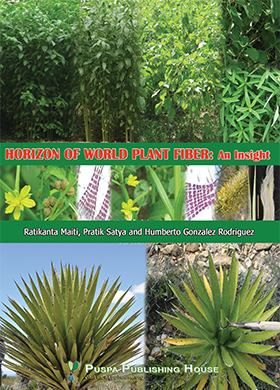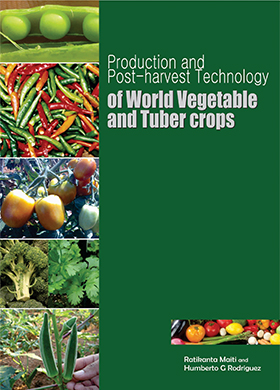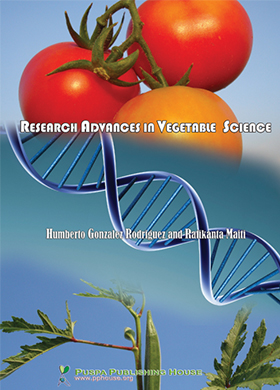Cite
Ivanova NS, Zolotova ES. Development of Forest Typology in Russia IJBSM [Internet]. 07Jun.2014[cited 8Feb.2022];():298-303. Available from: http://www.pphouse.org/ijbsm-article-details.php?article=462
People also read
Research Article
KNM 1638 - A High Yielding Gall Midge Resistant Early Duration PJTSAU Rice (Oryza sativa L.) Variety Suitable for Telangana State
Sreedhar Siddi, Ch. Damodar Raju, Y. Chandramohan, T. Shobha Rani, V. Thirumala Rao, S. Omprakash, N. Rama Gopala Varma, R. Jagadeeshwar, T. Kiran Babu, D. Anil, M. Sreedhar, R. Umareddy, P. Jagan Mohan Rao, M. Umadevi and P. Raghu Rami ReddyAmylose, blast, gall midge, KNM 1638, early duration
Published Online : 31 Jul 2022
Research Article
Electrical Induction as Stress Factor for Callus Growth Enhancement in Plumular Explant of Coconut (Cocos nucifera L.)
M. Neema, G. S. Hareesh, V. Aparna, K. P. Chandran and Anitha KarunCallus, coconut, electrical induction, plumule culture, stress induction
Published Online : 17 Sep 2022
Review Article
Viable Options for Diversification of Rice in Non-conventional Rice–conventional Wheat Cropping System in Indo-Gangetic Plains
Amit Anil Shahane and Yashbir Singh ShivayDiversification, Indo-gangetic plains, policy initiatives, rice, wheat
Published Online : 02 Sep 2019
Research Article
Use of Fermented Azolla in Diet of Tilapia Fry (Oreochromis niloticus)
S. K. Hundare, D. I. Pathan and A. B. RanadiveTilapia, fermented azolla, growth, survival
Published Online : 03 Dec 2018
Review Article
Astrologically Designed Medicinal Gardens of India
Maneesha S. R., P. Vidula, V. A. Ubarhande and E. B. ChakurkarVedic astrology, astral garden, celestial garden, zodiac garden
Published Online : 14 Apr 2021
Popular Article
Agro-techniques for Productive and Profitable Crop Management under Excess Water Regimes
S. K. Dwibedi, A. K. Mohanty, N. C. Sarkar and B. B. SahooExcess water, agro-techniques, crop management, water logging, bio-drainage
Published Online : 07 Oct 2017
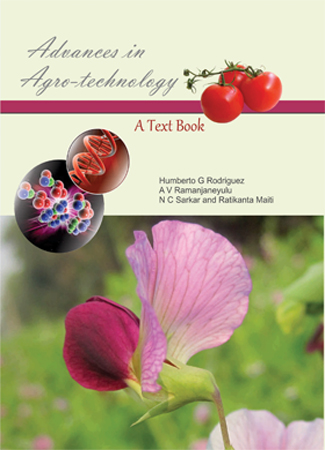
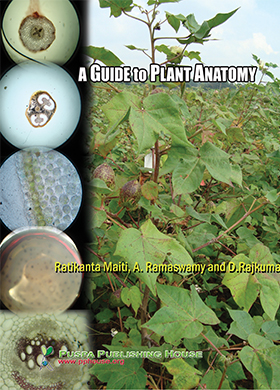
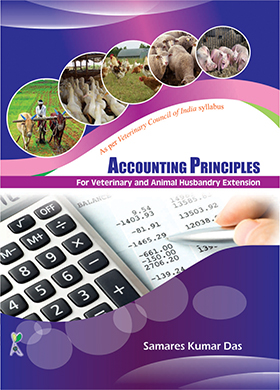
.jpg)
.jpg)


